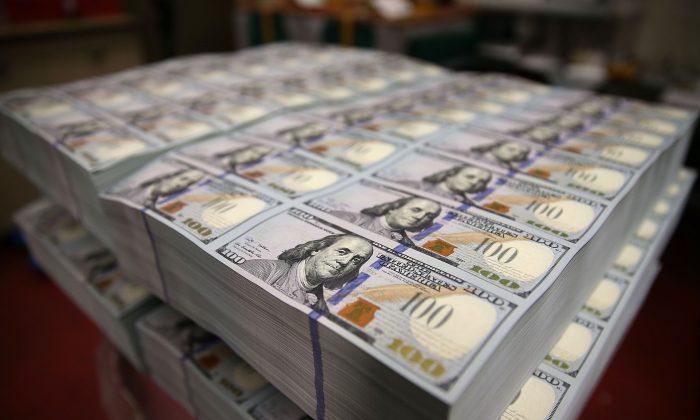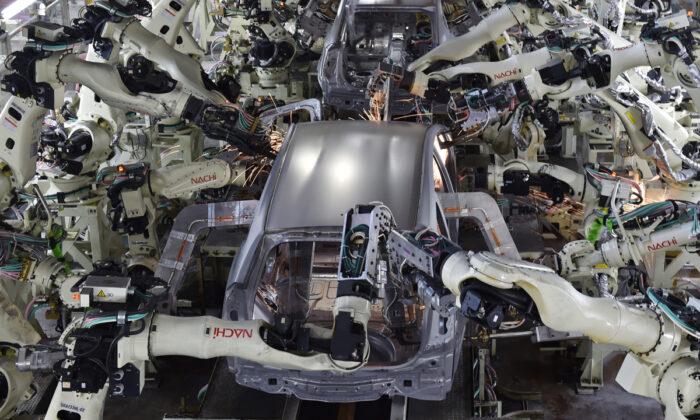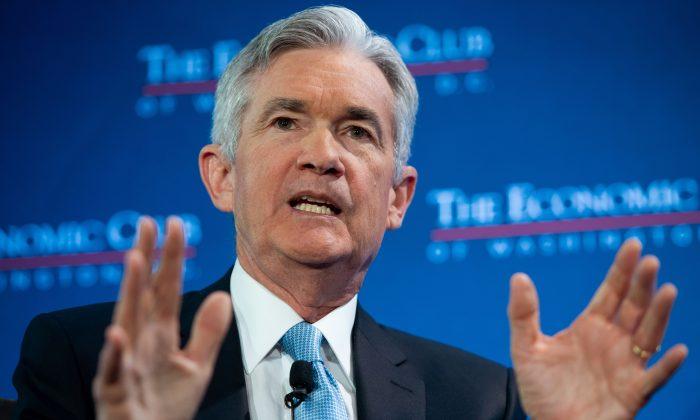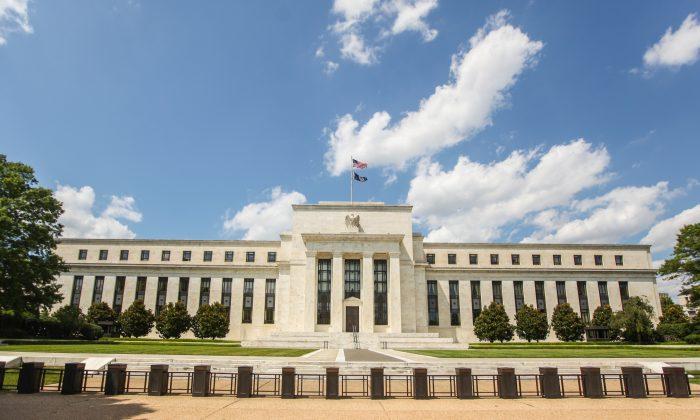NEW YORK—Last week, China sold $48 billion in Treasuries. That’s the largest amount ever. Should Americans be scared? Not really.
China still owns almost $1.3 trillion in U.S. bonds. It is the largest foreign holder of U.S. federal debt, which is why many people say China owns the United States.
In reality China boxed itself in by accumulating this large position and it’s really the United States that has more options to exert power.
Where Does the Money Come From?
How did the Chinese end up with this much U.S. federal debt as their currency reserves? They accumulated it over a span of 20 or so years when they exported real goods to the United States. Since the United States did not export much in return, the Chinese got U.S. paper instead.
At first, China had a real competitive advantage: cheap land and labor, and a centralized effort to produce cheap goods, helped by an artificially low exchange rate.
What Can They Actually Do With It?
While having the most powerful country in the world owe you $1.3 trillion looks nice on the surface, there is actually not much the Chinese can do with the money.
Because of its inflexible economic model, it cannot reverse the trade. If the central bank sells Treasurys and buys yuan, two things will happen. First, the exchange rate will rise. Dramatically. This will make Chinese exports even more uncompetitive, as wages and land prices have risen over the years. It would also result in widespread unemployment.
Second, the central bank’s balance sheet will shrink, draining the money supply in the mainland. Not good news for a credit system that is bigger than the one in the United States.
Diversification
It can sell Treasurys and buy gold and other dollar assets, but to what extent? The U.S. Treasury market is the largest, most liquid, and deepest capital market in the world. No other market can absorb $1.3 trillion, unless it was spread out over a period of many years.
So China is forced to hold on to an asset that—thanks to the Federal Reserve—carries a low-to-negative real interest rate and cannot be sold in bulk.
If the Chinese want to play hardball and sell in bulk, the Federal Reserve could absorb it as a buyer of last resort.
J. Paul Getty coined the phrase “If you owe the bank $100 that’s your problem. If you owe the bank $100 million, that’s the bank’s problem.”
The United States owes China $1.3 trillion. China is the bank, and it has a problem.






Friends Read Free